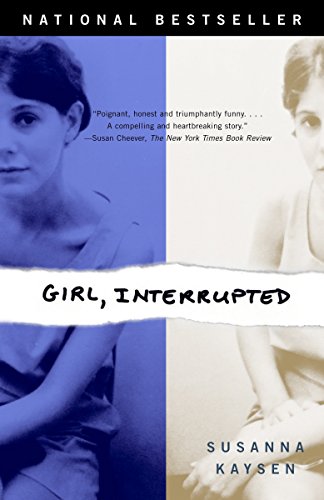A Pathway to Genuine Empathy and Connection
/We live in a world and a society with so much division and so much disconnection, one where we often define ourselves and others more by our differences than what we have in common. However, healing our world, our culture, our relationships and ourselves is going to require us developing deeper, more genuine empathy and connection with others. One of the pathways to that type of empathy and connection with another person is gaining a deeper understanding of another’s lived experiences. As Dr. Brene Brown says, “People are hard to hate close up. Move in”. One way to move in and get to know others better is by listening to the lived experiences of others in their own words.
So, I decided to write this post and compile a list of some of my favorite memoirs and biographies for anyone who is interested in deepening their understanding of the lived experiences of another person who they perceive as different from them. My hope is that as you listen to these lived experiences, you may see a piece of yourself in them and feel a connection and empathy for this other person. I fervently believe empathy is one of the keys to healing our world. As we practice empathy, we create more empathy which is something our world, culture, systems, relationships and hearts all need a whole lot more of right now.
Please note that I will receive a small amount on purchases made from my website in return for directing people to the books I recommend most highly as an experienced therapist. However, I have been recommending these book to my clients, friends and family with no compensation for years, and will continue to recommend these particular book even if I don’t receive any compensation whatsoever.

























































